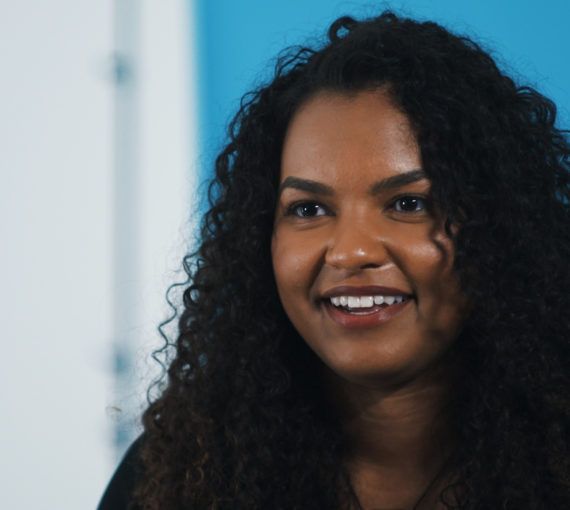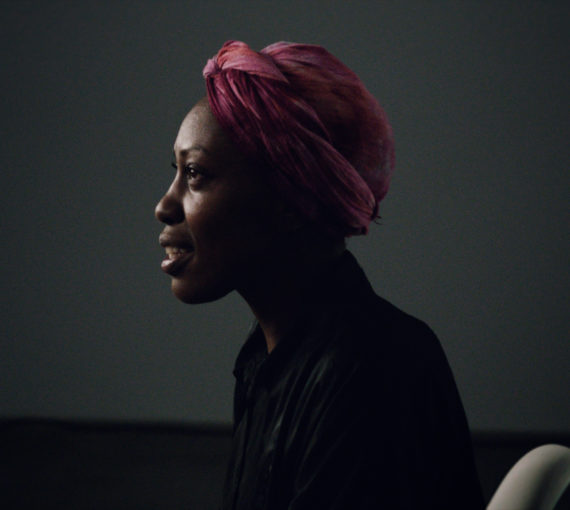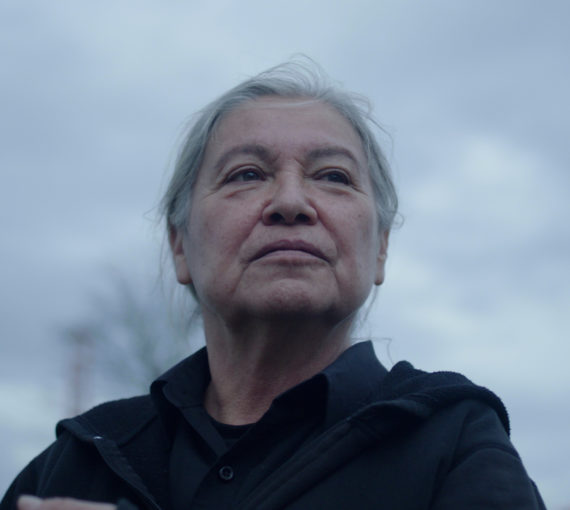This video series was produced on the traditional, ancestral and unceded territories of the Sḵwx̱wú7mesh (Squamish), Sel̓íl̓witulh (Tsleil-Waututh) and xʷməθkʷəy̓əm (Musqueam) peoples.
Jaylen Bastos is an urban wildlife ecologist who studies animal behaviour and the interactions animals engage in within the urban landscape.
In this short video, Jaylen shares their knowledge on the correlation between human-wildlife interactions and racialized communities, and how the inequitable distribution of green spaces continues to affect lower-income communities. They advocate for an intersectional approach to climate solutions and for us all to rethink our definition of environmental issues to consider issues like housing inequality and infrastructure.
We know, we have done the research and we know that access to natural spaces, to green spaces, has a tremendous benefit not only on your mental health, but on your physical well-being.… And [we need to look] at that as a way of actually restoring and addressing the legacy of trauma that my communities have had to experience and endure and carry into our environmental activism and environmental justice.
Jaylen Bastos
The video is part of a series created by Moumy Mbacké, Avery Holliday and Dom Wakeland, who wanted to “shed a crucial spotlight on some of Vancouver’s queer and BIPOC environmental and racial justice leaders, who speak about why they continue to fight and why we must act today.”
The series includes videos featuring artist and musician Tonye Aganaba and Anishinaabe Elder Veronica, as well as three interviews with queer, Black climate justice advocates: Adriana Laurent, Udokam Iroegbu and Rita Steele.
Employ people from the communities that are most impacted by climate change: our lowest-income, our Black and Indigenous individuals. And hire queer people from these communities as well. We are the only ones who have the lived experience necessary to fill the information gaps that are rampant throughout scientific research.… [Make] sure there is opportunity for the people who are most impacted to be involved in the solutions.
Jaylen Bastos
Charged Up is the story of you — of all of us — on a mission for a cleaner, healthier charged-up Canada. We believe the energy transition should be guided by justice, diversity and equality.



